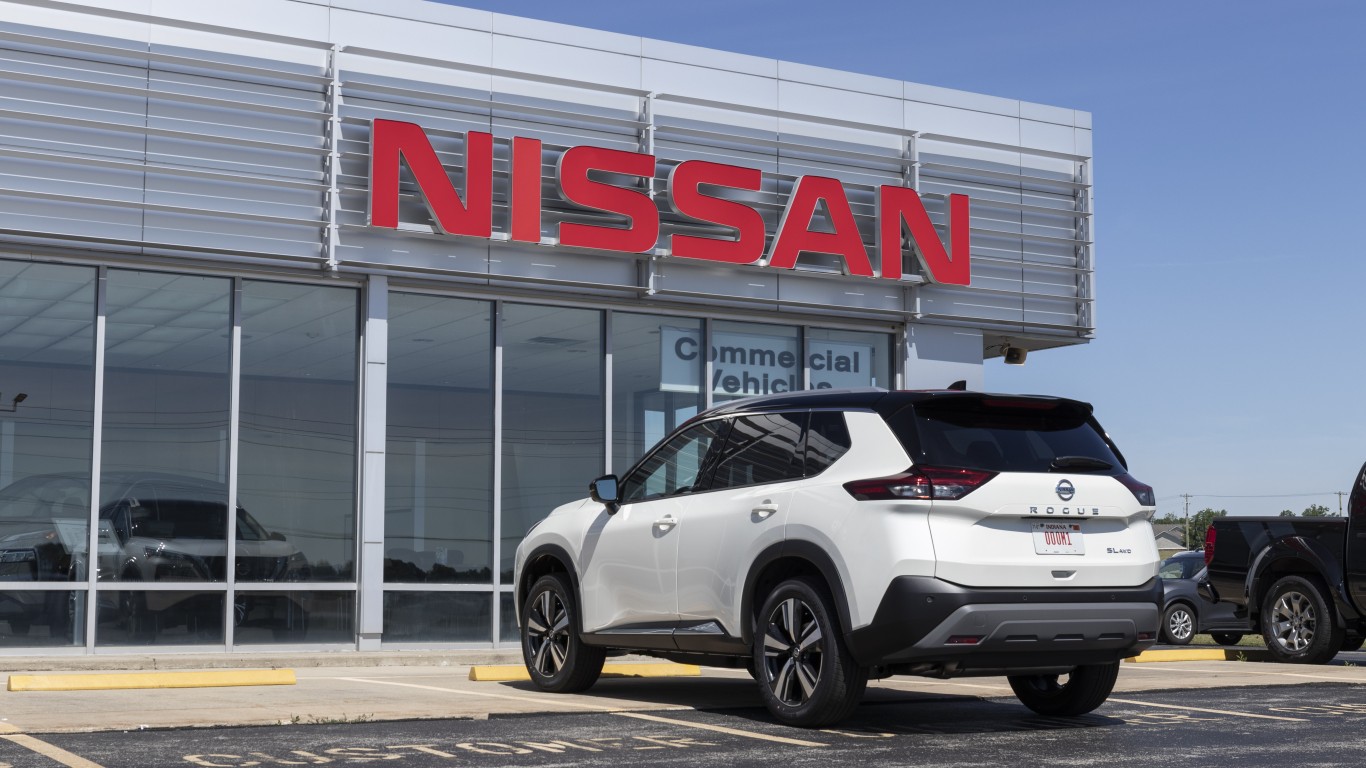The media said there would be no strike by the UAW. GM (GM) management seemed to indicate that talks on a new contract were getting close.
But, now the union is out, and it will not be back soon. The Detroit Free Press says that the UAW has a strike fund of $800 million, about enough for a year. GM has cash and inventory. Some of its models have unsold supplies of over 100 days.
But, the UAW knows that this is the beginning of the model year, and 2008 vehicles will be in short supply. So will units of the most popular cars and trucks. After two or three weeks, getting the models that really sell will be harder.
The UAW did not have to talk with GM about a new fund to cover health-care liabilities. The car company would put money into a pool, run by the union, to handle these benefits. That would have taken about $50 billion off of the company’s balance sheet, and save about $5 billion in expenses each year. But, negotiating about the fund was not "mandatory". In other words, the UAW offered something by even allowing GM to put it on the table.
The issues that are mandatory are wages, job guarantees, and benefits. It appears that GM forgot this and worked hard to get the benefit fund set up. It was, to some extent, negotiating on the wrong issues.
By the time it got around to discussing job security, GM’s position seems to have been that if it wants to close plants, workers could lose jobs. The UAW’s position is "no way, no how". The union feels that it has bled enough for the Big Three as they have been forced to cut costs in North America because the Japanese have sucked up too much market share. The UAW did not design the cars and its did not market them. Its says that the problems with selling cars are not at its feet.
GM understandably wants to be able to shut plants as its sees fit, and, perhaps, move some manufacturing off-shore to save money. So, this is the UAW’s last stand. If it gives here, it has given for good. There is no taking back on job security.
So, GM’s long-term financials are pitted against the UAW’s survival as a viable union and bargaining entity. It has watched unions lose their teeth in big industries like newspapers. In all probability, the rank-and-file are more adamant about job security than the UAW management. They don’t care who runs the health-care fund as long as the benefits are there. As one worker told the Free Press "Workers who came before me made a number of sacrifices to give us the benefits we now have.This is important. We want to be compensated for making a world-class product."
This will be a long strike. For GM, it will never have profitable North American operations without large costs cuts, the flexibility to close plants, and its health-care liabilities moved to a UAW-controlled fund. The union has some part of 80,000 jobs at stake.
Union strike wages are only $200 a week. Auto parts makers will feel the pinch soon. They will have to cut back spending and perhaps lay-off workers. The turnaround plans at places like Delphi, which has been in Chapter 11, could be in trouble. GM’s suppliers have tens of thousand of employees. The US economy may not be able to absorb that kind of blow with ease. Not when it is already in fragile shape.
But, the union knows that it has time on its side. Even if its workers don’t get much in the way of strike benefits, a work stoppage that lasts for several months may injure GM in a way that cannot be healed. It will lose more market share and spend billions keeping the company running.
Both sides are dug in now. That means the strike could run on for weeks, or, maybe, longer.
Douglas A. McIntyre can be reached at [email protected]. He does not own securities in companies that he writes about.
Sponsored: Find a Qualified Financial Advisor
Finding a qualified financial advisor doesn’t have to be hard. SmartAsset’s free tool matches you with up to 3 fiduciary financial advisors in your area in 5 minutes. Each advisor has been vetted by SmartAsset and is held to a fiduciary standard to act in your best interests. If you’re ready to be matched with local advisors that can help you achieve your financial goals, get started now.
Thank you for reading! Have some feedback for us?
Contact the 24/7 Wall St. editorial team.



